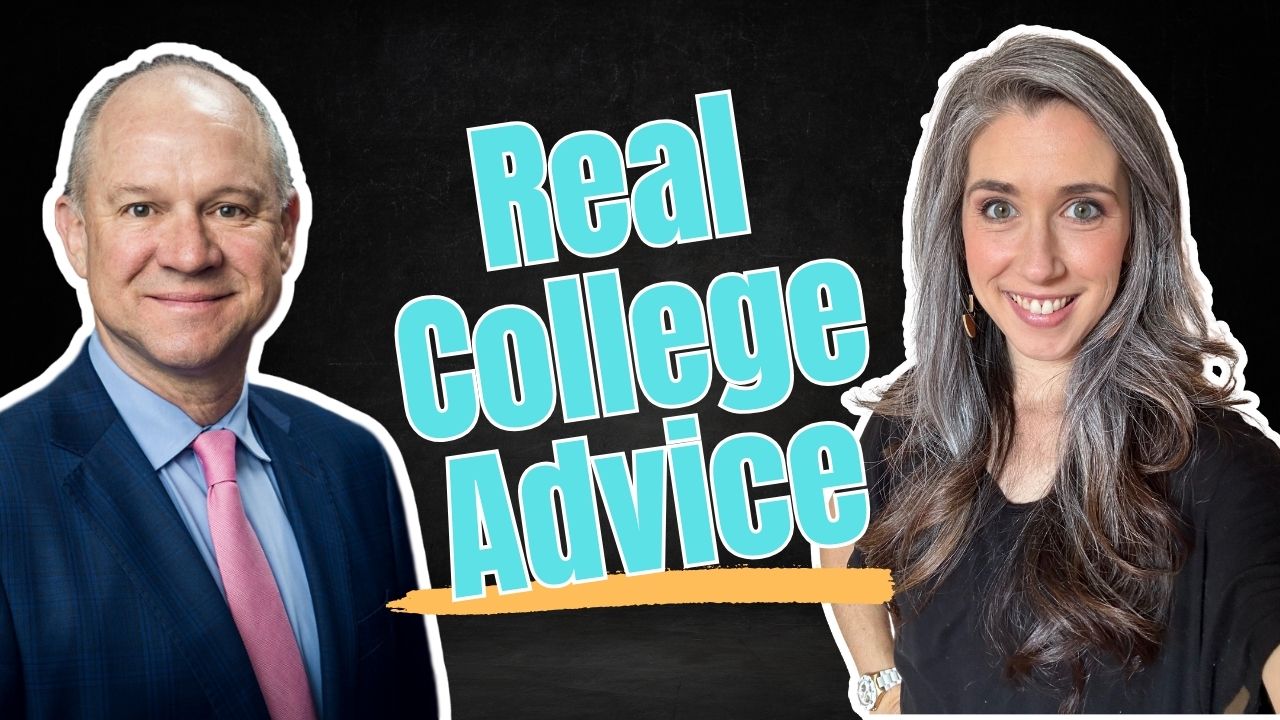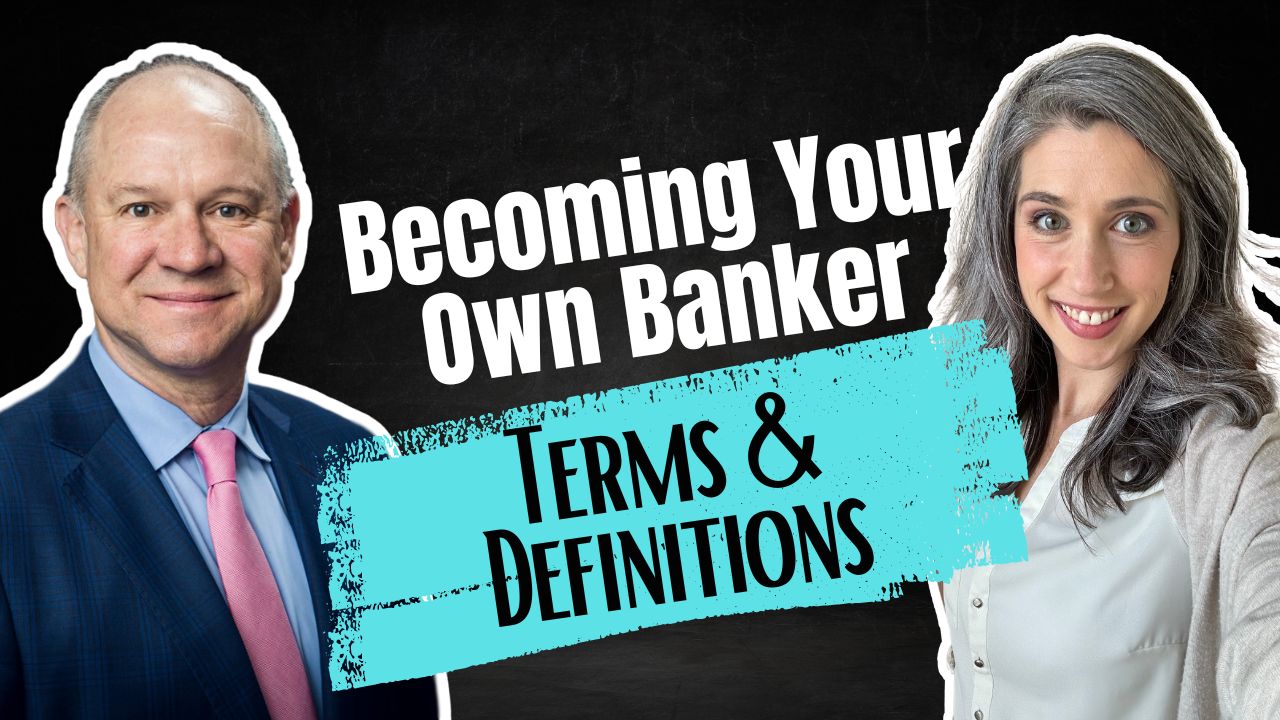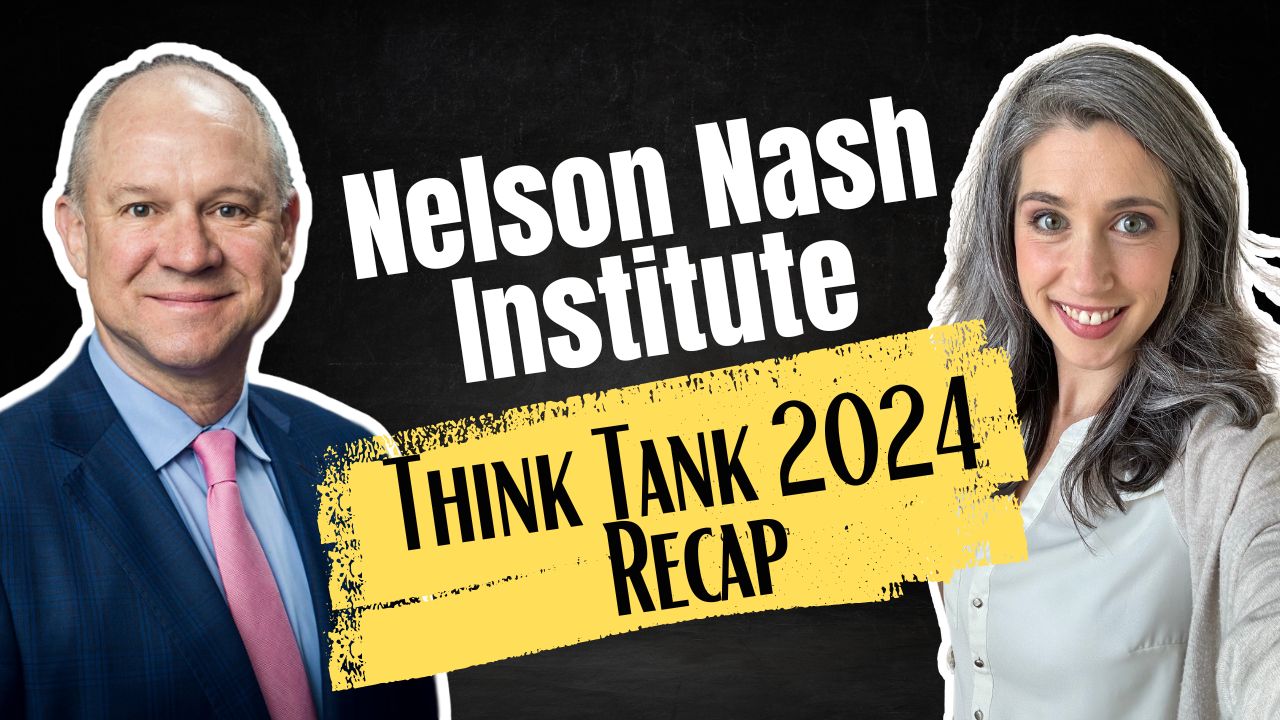
Becoming Your Own Banker, Part 24: Real College Advice
Should you go to college? Should you send your kids to college? Will they earn more with a college degree? Will the degree provide a better financial future? What is the rate of return on a college degree?
Unlock the secrets to a financially savvy future as we dissect the age-old belief that college is the golden ticket to success. Prepare to have your perspective shifted with eye-opening discussions on the financial value of higher education, examining the return on investment through the lens of Nelson Nash’s “Becoming Your Own Banker.” From the societal push towards university halls to the sobering reality of student debt, we navigate the complexities of college funding strategies and the potential of alternative education paths that could lead to prosperity without a diploma in hand.
Challenge the status quo with us as we scrutinize the necessity of degrees in today’s career landscape, where sometimes certifications can trump years spent in academic pursuit. We share personal tales and data-driven insights that question whether the conventional college experience truly measures up against the backdrop of rising tuition costs and the changing demands of the workforce. Our discussion extends beyond the classroom, highlighting the intrinsic value of continuous learning and the mastery of financial principles that can shape your life’s trajectory.
Concluding our series, we pivot to practical financial wisdom, contrasting traditional college savings plans with the innovative approach of investing in dividend-paying whole life insurance policies. Through the Infinite Banking Concept, we reveal how this strategy could offer a more advantageous financial outcome, potentially outpacing the gains of a college-funded future. If you’re contemplating educational paths or seeking ways to maximize your financial legacy, this episode is an essential guide to charting a course toward true financial enlightenment and independence.
So if you want to be able to get real college advice so you can better navigate the college decision and set your kids up for lifetime success, tune in today!
Podcast: Play in new window | Download (Duration: 1:04:04 — 73.3MB)
Subscribe: Apple Podcasts | Spotify | Android | Pandora | RSS | More
Table of Contents
Is College Worth It?
[05:42] “Nelson believed that people need to think. He thinks that’s one of the biggest problems Americans have, [that they] have changed into, almost like lemmings, where they have just been taught not to think.”
Due to Nelson’s skepticism about the education system, he questions whether college is necessary for young people to be productive, successful, and wealthy. After all, if school isn’t teaching people to think, what is it teaching?
Of course, there are naturally exceptions to this. You don’t want a doctor who hasn’t trained extensively, nor do you want a lawyer who doesn’t know the law, or a scientist who doesn’t understand the scientific process. In these cases, school is integral. However, the world is becoming increasingly entrepreneurial, which doesn’t take a degree, as much as it takes critical thinking and people skills. Even jobs like coding and programming can be learned in short-term courses, as opposed to a college environment.
This isn’t to say that college isn’t a worthwhile endeavor. However, it is an expensive one and a decision that shouldn’t be taken lightly. There is truth to the statement that your earning power is statistically higher if you have a college degree. However, there is also tremendous debt, that may not be necessary depending on what you want to accomplish in this life.
The Cost of Education
In the 80s, when Bruce went to Truman State University, the total cost of room, board, and tuition was $1995. And when he graduated and went into teaching, he was making about $19,000. That’s essentially a 10:1 ratio. On the other hand, Bruce’s nephew applied to the same university in 2015, and the cost was $17,795. And while that was a good deal compared to other schools, the inflation is undeniable. And if he wanted to be a teacher, his income would have to be $179,000 to achieve the same ratio. That salary is simply not realistic for a teacher.
At the time of writing this, the average college tuition is $36,436 per student, per year. This cost is inclusive of books, supplies, and daily living costs. However, the total cost of college will change depending on other factors, like how many years you attend, whether you go to a private or public institution, scholarships and grants, and even whether you go in-state or out-of-state. However, this average gives you a good baseline to start figuring it out.
The Power of Understanding Business
Regardless of the path you choose, it’s important to have a good understanding of the business of banking. We want to shift focus from the value of a degree to the value of learning, and learning can be done at any age, regardless of your educational experience.
[43:39] “[Robert Kiyosaki] didn’t say you shouldn’t be college educated, he just said let’s figure out how to make money, and the path to making money isn’t just through college.”
If you look at a list of highly successful people, you’ll notice that many of them are household names, and many of them never went to college. This isn’t to say you shouldn’t go to college, it merely illustrates the point is that college is not required for success. This is only becoming more true over time, as opposed to less true, thanks to advancements that allow people to learn on their own and start businesses with ease.
Real College Advice: Whole Life Insurance or Tuition?
Knowing the costs of education, what would happen if you made the same or similar contribution to a whole life insurance policy? Doing so would allow you to amass a replenishing pool of capital from a young age that could be used to acquire new assets, while also offering protection, and teaching good stewardship lessons along the way. At the end of four years, you could come away with a policy that’s ready to be used, as opposed to a mountain of debt.
This, however, hinges on your full financial picture, too. How much can you actually contribute to a whole life insurance policy when you’re fresh out of college? What job opportunities can you seek that offer good learning experiences, networking, and future potential? If you’re not paying $80,000 for college out of pocket, chances are you’re not funding a whole life policy with $80,000 either. So it’s important to consider your real opportunities and options. However, if your path in life is more entrepreneurial, consider the value of building yourself a pool of capital that you can use to build your business.
Nelson shares this idea in his book and shows the overall value of starting a banking function. However, it’s important to note that those illustrations are from 20 years ago, and are not going to look the same today. That’s not to say things are worse—in many cases, they’re better—you just cannot expect the numbers to play out exactly. However, the same is true of present-day illustrations—they’re a snapshot in time, based on current assumptions. Those change every year. Instead, you have to approach illustrations as a curve of what to expect. If you assess Nelson’s book for its concept, rather than the accuracy of the projections, you’ll see that it’s accurate.
[1:01:32] “If you understand the concepts, the details don’t matter. And if you don’t understand the concepts, the details don’t matter. So the details don’t ever matter. What you really need to do is focus on the concepts, because the concepts are the basic guidelines for you. The details are going to change how you apply this, but the concepts are the most important.”
Further Resources:
- The Fall of the Ivory Tower: Government Funding, Corruption, and the Bankrupting of American Higher Education
- US Debt Clock
- Higher Education Subsidies
Book A Strategy Call
Do you want to coordinate your finances so that everything works together to improve your life today, accelerate time and money freedom, and leave the greatest legacy? We can help! Book an Introductory Call with our team today https://themoneyadvantage.com/calendar/, and find out how Privatized Banking, alternative investments, or cash flow strategies can help you accomplish your goals better and faster. That being said, if you want to find out more about how Privatized Banking gives you the most safety, liquidity, and growth… plus boosts your investment returns, and guarantees a legacy, go to https://privatizedbankingsecrets.com/freeguide to learn more.
Becoming Your Own Banker, Part 28: Infinite Banking Definitions
Have you ever felt like you’re on a financial hamster wheel, constantly spinning but never gaining traction? Join us as we unpack the epilogue and glossary of Nelson Nash’s “Becoming Your Own Banker.” It’s a journey through the intricate philosophy of IBC, as we cover Infinite Banking definitions that shows how effective money management can…
Read MoreNelson Nash’s Legacy: Think Tank 2024 Recap
Embark on a transformative financial odyssey with us as we reflect on our profound experiences at the Nelson Nash Think Tank for 2024. Unlock the doors to personal economic empowerment with the Infinite Banking Concept (IBC), a brainchild of the late Nelson Nash that revolutionizes the use of dividend-paying whole life insurance. We shed light…
Read More


